By: Juan Carvajal, Contributing Writer
The COVID-19 pandemic has made evident the lack of protection and enforcement of women’s rights, worldwide, and this has forced some governments to try to protect them.
COVID-19 has taken an incredible economic toll in the lives of several women, globally. A clear and devastating example of this is the case of Riya Akter.
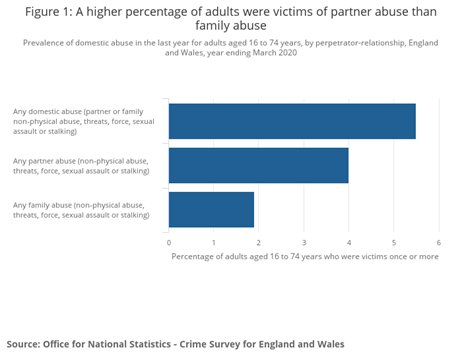
According to a report by the United Nations, “As a single mother, Akter had to close her business in Dhaka, Bangladesh, after the pandemic started. Without any other option, she was forced to make masks to put food on the table for her children.”
As a young mother, she faces one of the most difficult situations. The Lancet, a British medical journal, states that the pandemic has highlighted the consistent inequalities women face and has exposed the issues within the social and economic systems. As the year 2020 passed, each of these problems became clearer and went on a downward spiral.
According to The Lancet, “Across the globe, women earn less, save less, hold less secure jobs, and are more likely to be employed in the informal sector. They have less access to social protections and are the majority of single-parent households. Their capacity to absorb economic shocks is therefore less than that of men.”
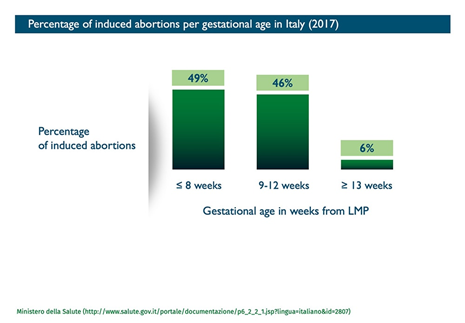
Another consequence that the pandemic has led to is the increase in domestic violence that women are forced to face.
Based on a report by the United Nations, “As a result of mandatory lockdowns, women in abusive homes suffered because given the health concerns they were forced to stay home.”
According to a report from the United Nations, “In the United Kingdom alone, calls to the domestic helpline went up by 65%, since the beginning of the pandemic.”
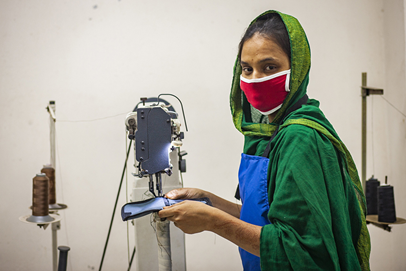
Not only are women going through a tough economic period, as well as being physically and psychologically abused, but their reproductive freedom is also being violated, during the pandemic.
In Italy, women are currently forced to endure unwanted pregnancies due to the excessive amount of coronavirus cases that are filling hospitals. Doctors also refused to perform abortions which led to an increase in unsafe abortion methods.
Based on a report from Al-Jazeera, an independent news organization partly funded by the Qatari government, “In Italy, doctors can refuse to perform abortions, and up to 90 percent do, in some areas. Medical terminations, which consist of two pills taken across several days, are only available during the first seven weeks of pregnancy, rather than nine as in many other European countries.”
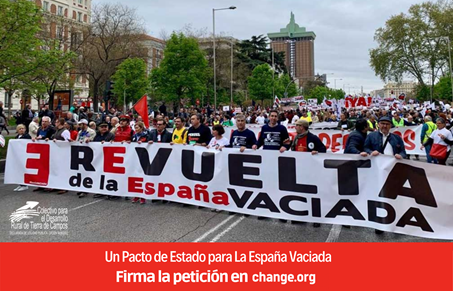
On the bright side, not everything is lost for women, during this time of crisis.
In Spain, gender equality has been consistently demanded, and in response to such demands, the Spaniard government has approved a series of decrees.
According to the news chain, Rtve, a radio and television chain based in Spain, “the government has approved at least five royal decrees, two laws, and the modification of a law linked to gender equality[…]” Additionally, “three of them were aimed at equity in the world of work, another two were of economic nature and the remaining three were aimed at the fight against gender violence.”
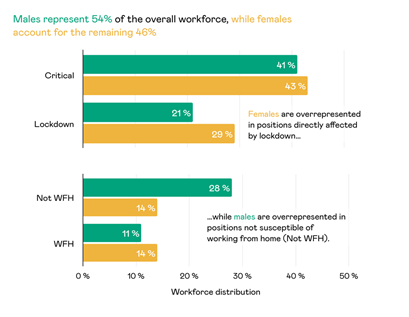
Despite the approval of these decrees, which included the State Deal against gender violence, their implementation has not been effective.
Rosa San Segundo, director of Gender Studies Institute at University Carlos III de Madrid suggests that, “[t]he development of the State Deal has not been implemented in more than 70% of the measures.”
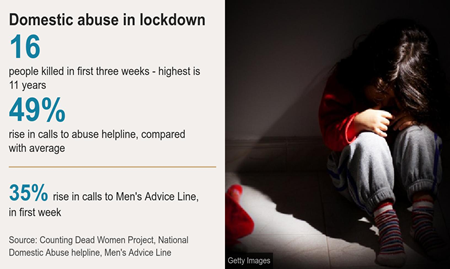
According to statistics from the European Institute for Gender Equality, with 70.1 points, Spain holds the ninth place in gender equality, after Sweden (83.6), Denmark (77.5), and France (74.6). Though the country still needs to adjust its policies, the numbers show that gender inequality in Spain has had a considerable improvement.
The fight for the protection of women’s rights worldwide in the pandemic is an endless journey that requires commitment and perseverance. Though countries like Spain have made small improvements, other countries like Italy and Bangladesh are still facing gender inequality issues, which are becoming more evident with the pandemic.




